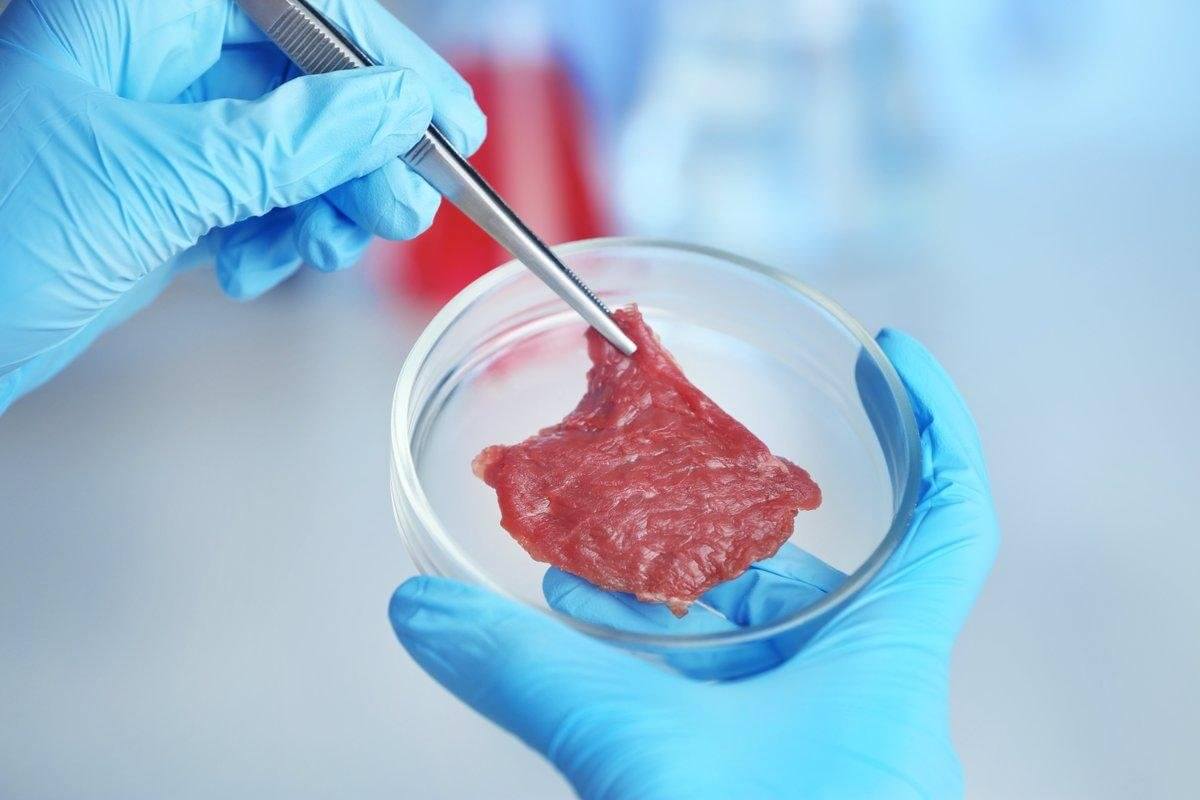
American colleagues analyzed the carbon footprint of meat synthesis in vitro from stem cells. It turned out that the production of natural beef has a carbon footprint from 4 to 25 times lower than the production of artificial meat, and its cost is hundreds of times lower.
In addition, the agricultural method of growing meat contributes to the release of methane (on average, it completely disappears from the Earth’s atmosphere in 12 years), and the operation of laboratory equipment is associated with the release of carbon dioxide (a substance that is not processed by the environment) into the atmosphere.
In the long term, cultured meat is significantly inferior to natural farming, as confirmed by the bioRxiv study
